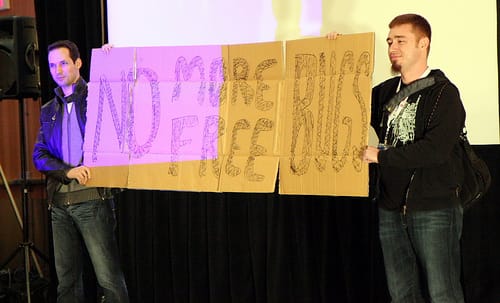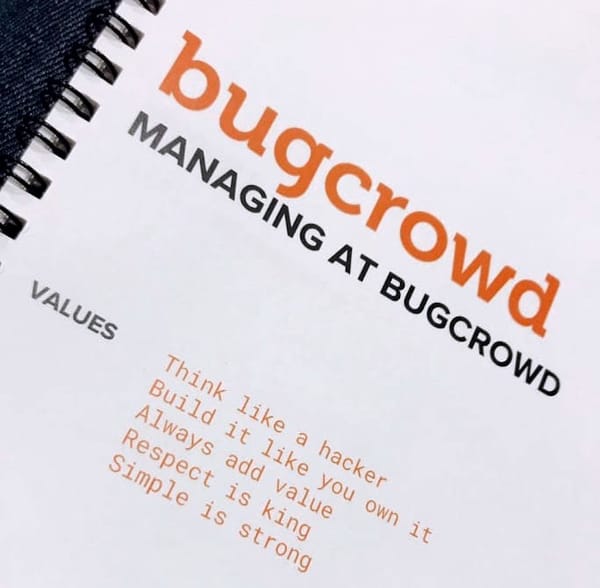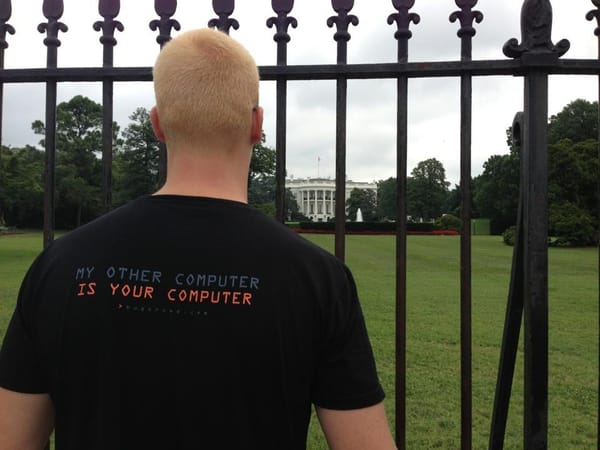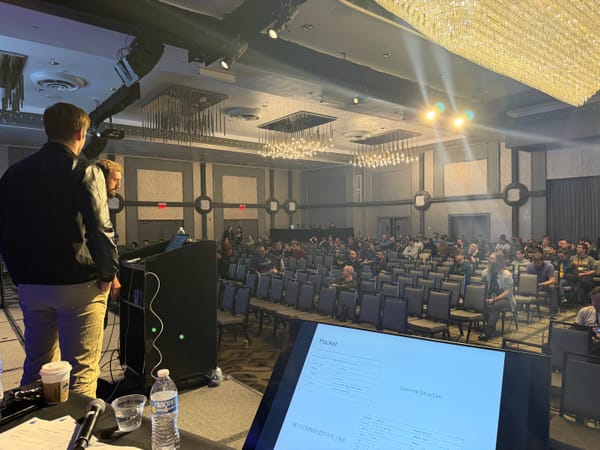Where the bloody hell were you - The Great 2020 COVID Bug-In
During Hacker Summer Camp, I was asked "where do you, uh, live now and stuff" a lot. Forgive this slightly indulgent post, but I wanted to blog a little bit of our story, and some of the thinking that went into executing our trans-pacific COVID bug-in back in 2020.
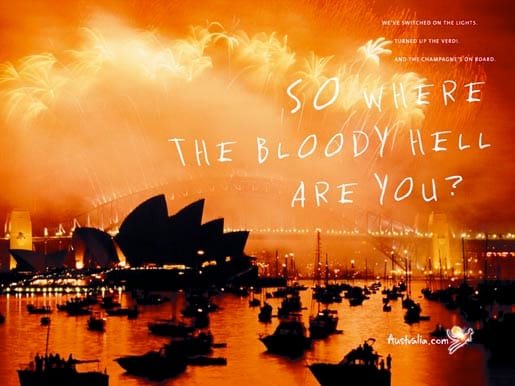
During Hacker Summer Camp 2022 I was asked "where do you, uh, live now, or whatever" A LOT.
Forgive this slightly indulgent post, but I wanted to blog a bit of the story, where we're actually at now, and some of the thinking that went into executing the "great trans-pacific COVID bug-in" back in March 2020.
To give the simple answer: We're back in San Francisco as of November 2021.
Sidenote: COVID was inconvenient for us for a variety of reasons, but my and family's inconvenience paled in contrast to the impact it had on millions of others. I consider myself fortunate to have had the ability to make the calls we did, as well as the support of family and friends.
Q: So, have you moved back to the USA now?
A: The easy answer is yes.
The actual answer is no - We never moved away... My wife was locked in to be bridesmaid at one of her best friend's weddings, and she had a solo vacation to Australia booked well before COVID popped up on the radar. As progress of the pandemic became more obvious we started to think about airspace/border shutdown. As the date drew closer, it became clearer to us that we'd likely need to make some pretty drastic audible calls.
Q: Wait, did you guys "bug out" and get stuck?
A: It was more of a bug-in than a bug-out. We were already worried about the safety and stability of the United States in 2020 - I remember privately describing the situation as "a country already doused in gasoline, while COVID shows up as the unsupervised child with a box of matches."
Still, the main reason we went was to make sure we could be close to both of our parents, and not be cut off by border closures.
Q: Was it planned?
A: Sort of. We've always maintained a "bug-in" location in Australia, but that's about as planned as it got. We were >80% sure that USA border closures would happen during my wife's vacation from about three weeks before flights, and we hit >80% confidence on Australia following a similar path a few days later. The big decision was whether we should all go, or all stay.
Total aside: As we exit the pandemic phase, there's continues to be a lot of hype around bug-out planning in the USA that I think is pretty misguided and impractical - The bug-in plan actually comes first, especially if you're considering a family as a part of that plan. It's difficult to bug-out with nothing to bug-in to. For us, it looked like a condo we own and rent out as a short-term property in Australia, and always maintaining a reserve for flight bookings if and when they'd become needed - We activated both of these tools as a part of this story.
Q: What happened next?
A: The next bit happened pretty quickly:
- Without action triggers, it's almost impossible to make these kinds of decisions. One of the things I was looking for was rioting in the USA response to freedoms being removed. This started to happen when colleges closed their dorms in the week of March 8th.
- We made the call in the early evening of March 12, and managed to score tickets on the flight my wife had already booked for myself and the kids just before midnight.
- I called my EA and told them to clear March 13. I'd be in Sydney, Australia, when I joined calls on March 14, but they'd be the only ones who knew until then. This was a hard decision that cost trust and social capital, but it was necessary for a variety of reasons - Not the least of which was that so much had to happen in the next 18 hours, and getting stuck explaining the decision would have been a poor use of time. A few months later, most of the people who were upset and surprised by the move at first realized that we had made a tight and very accurate prediction about what would happen next.
- On March 14, we told the kids that we were leaving for Australia that night, so they should say goodbye to their friends for a while and pack their bags as soon as they got home from school. We had booked a return flight for April 2020, but had a strong feeling that there would still be closures and safety concerns by then. Managing how we shared (and didn't share) this with them was probably the hardest part.
- We booked the flights less than 18 hours before going through TSA at a mostly empty San Francisco Airport. We knew that the US President would declare a state of emergency while we were at the airport. The following day, panicked masses trying to get home began to clog airports in the US, and this went on until US airspace essentially shut down.
- We got to Australia on March 15. It's a 14-hour flight that crosses the dateline and seems to skip a day - I've actually "missed" a birthday once because of this :) Two days later, Australia executed it's biosecurity emergency plan and, in effect, shut it's borders.
40,000 Australian citizens wanting to get home would end up stranded internationally, including many in the USA. - Back in the USA, the county school district abruptly closed schools on March 16, and wouldn't reopen for 20 months. Ironically, my kids were probably the last Bay Area recipients of a Distance Education Plan - The following Monday marked the beginning of the winding journey towards online education as a default.


Q: This is crazy! How'd you know this was going to happen?
A: It was 50% serendipity and 50% foresight, like with most good decisions we've made. We were fortunate to have a scheduled flight that kept us focused on the March 13 as our go/no-go date, and the rest came from varied degrees of observation, intelligence, and analysis.
As an aside: My wife and I both believe that faith plays a role in both serendipity (i.e. "wow, that ticket was already bought") and our collective insight (i.e. "we just kinda knew"). We also believe that faith without thinking, judgment, and action is dead. The union of both let us see a succession of minor miracles throughout an otherwise objectively difficult time.
On the analysis and intelligence side, we knew the CDC and national guard were rolling out across the USA while the populace was assured there was no problem, and when the penny dropped it would produce widespread and rapid panic (which it did, airspace quickly became unusable, panic buying kicked in, and being agile became generally a lot more difficult). We knew Australia's biosecurity measures are tight and well-practiced (which, contrary to punditry, isn't a nanny-state issue; it's vital to survival on a big and sparsely populated island) and that airspace would be significantly constrained. We also knew that without planes flying in, flight routes would increase in cost and there would be fewer planes going out of Australia, which makes complete sense but is a foreign concept to those who've never lived on an island. We knew that the climate of polarization and weaponized disinformation had revealed and stirred up a plethora of flash-points across the USA, and the additional disruption would precipitate cascading failure of domestic norms, civil unrest, and ultimately a risk of societal collapse as its democratic underpinnings were attacked (to it's credit, the USA prevailed in staying broadly intact - although IMHO it came too close for comfort).
A: So did you have help from "the high side"?
Q: Most of this was through publicly available and open-source data, ignoring most/all of the politicized quasi-medical analysis at the time - if you were wondering where my dis/misinformation convictions came from, now you know. Relationships and connections I've forged through my line of work with Bugcrowd and disclose.io into Australian, US, and UK military and IC definitely helped validate the thinking at various points (as well as general background insight from working with various agencies and Congresspeople on election security and general domestic security issues in the USA), but almost none of the information we were working with came from "the high side" - It was through close observation of publicly available data, and thinking critically.

A: How was Australia during the pandemic?
Q: Given the abrupt departure, I was working on SF time from Sydney which gave me a lot of time to compare and contrast the two experiences. While my SF colleagues we learning how to homeschool whilst learning to remote work, my kids returned to school in Australia with their peers there in June 2020, and life in Sydney returned to a very nervous most mostly open version of normal as we kept alert for imported infections and waiting for Warp Speed and other initiatives around the world to produce a working vaccine.
The challenge Australia had through this phase was primarily a biosecurity logistics one - If COVID had properly gotten off the leash through this period my country's healthcare system, which services 24 million people across an area the same size as continental USA, would have had it's bed capacity overwhelmed almost immediately which would have been catastrophic, especially for those with other, higher lethality issues to deal with. My state, New South Wales, managed to flush out COVID within a few months of it's first arrival and keep it mostly at bay through close diagnostic surveillance and selective lockdowns when a localized outbreak occurred - A counterintuitive benefit of a zero-case pandemic strategy is that sewerage surveillance can pick up a single case in a county - This, combined will strong communications and - more importantly - the default Australian culture of "none of win if we don't all win" worked well, felt like a pretty amazing bonding experience for the country, and something I'm tremendously proud of. As a country Australia, New Zealand, and others who adopted this approach didn't "solve COVID" - the simply delayed it out of necessity.

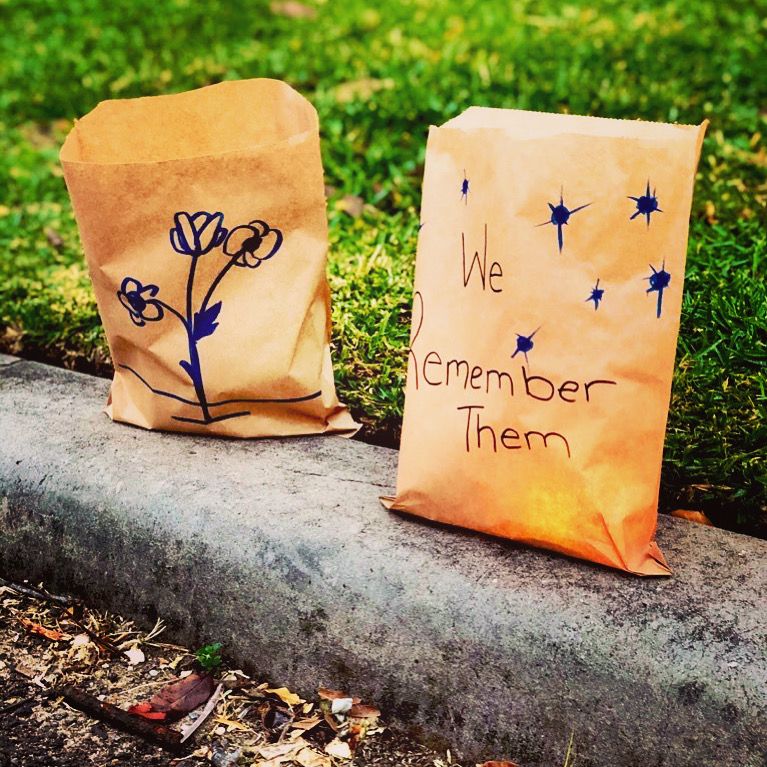
Q: So, why did you guys come back?
A: Returning was always the plan. It got harder to explain this to people as time went on, but we were always coming back - A 3 month bug-in to manage the onset of a pandemic and avoid potential civil upheaval transformed into a re-enactment of Australia's roots as a (now "very nice, and full of some of my greatest friends") prisoner colony. While we were gone, an awesome Bugcrowder boarded and cared after my Californian home, and the company continued to develop and lean into the opportunities to further safeguard the Internet provided by COVID's first two years. I served as Chairperson and CTO at Bugcrowd, the Australian team grew rapidly, we ran a couple of LevelUp conferences and did a lot of product work on Crowdgraph, as well as a tonne of virtual conference teaching and baby-kissing, and plenty of startup mentorship with Startmate and Cyrise.
Meanwhile, disclose.io forged forward, and 2020 to 2022 saw some of the most radical shifts in legislative treatment of hackers in history - The disclose.io boilerplates were even included in guidance to election administrators to identify vulnerabilities in election systems, as well as to provide a tool to combat disinformation targeting cybersecurity as a fundamental flaw in democracy itself... I've been privileged to do a lot of cool stuff over the past 10 years, but this is far and away the most impactful thing I've gotten to be a part of.
Meanwhile, now that we're back in SF as of November 2021 and while we'll always be proudly Australian, we all deeply love America (even with its flaws... Australia has plenty of those too) and feel strongly that our season here isn't over yet.
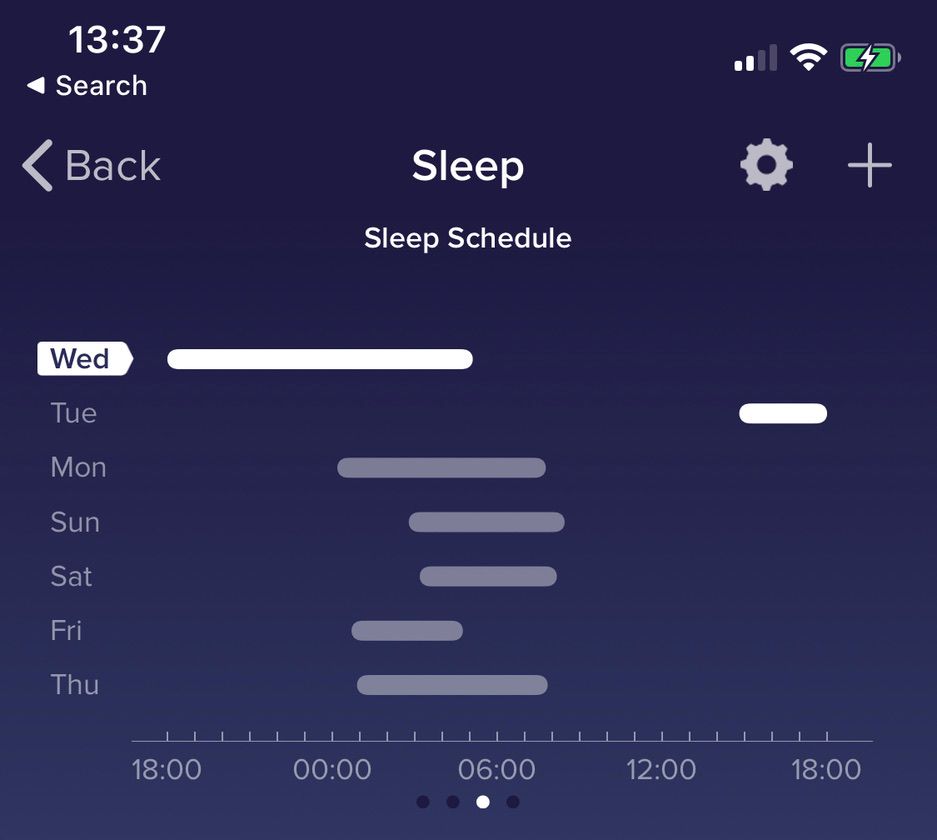
Q: OK, but... where is home?
A: I love and hate this question - The tl;dr: is that doing a successful startup as an immigrant really messes with any kind of traditional concept of "home". To me, home is where you are building and where your family is. Australia and the USA are both home, but this is a difficult concept to explain to folks who've not lived this kind of life themselves.
There you go - That's a very highly condensed version of the last two years.

